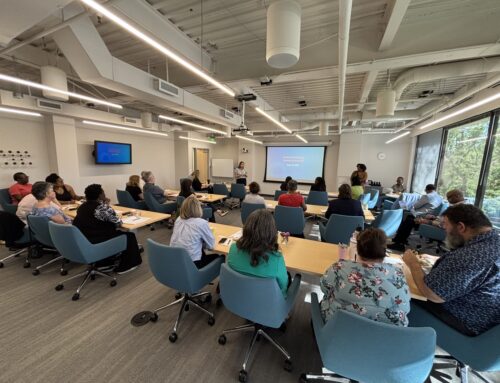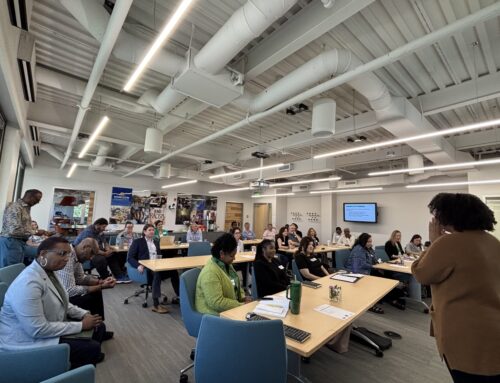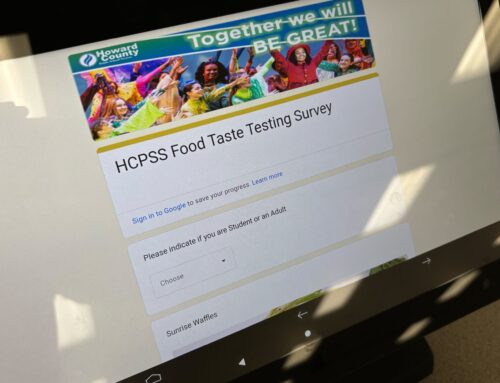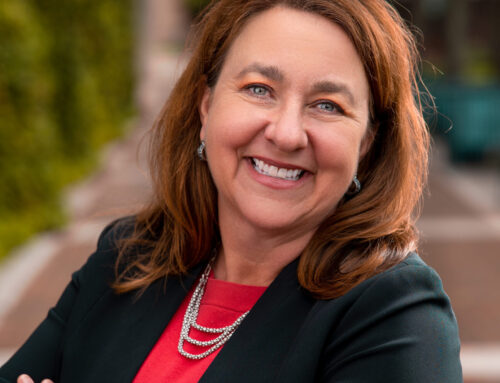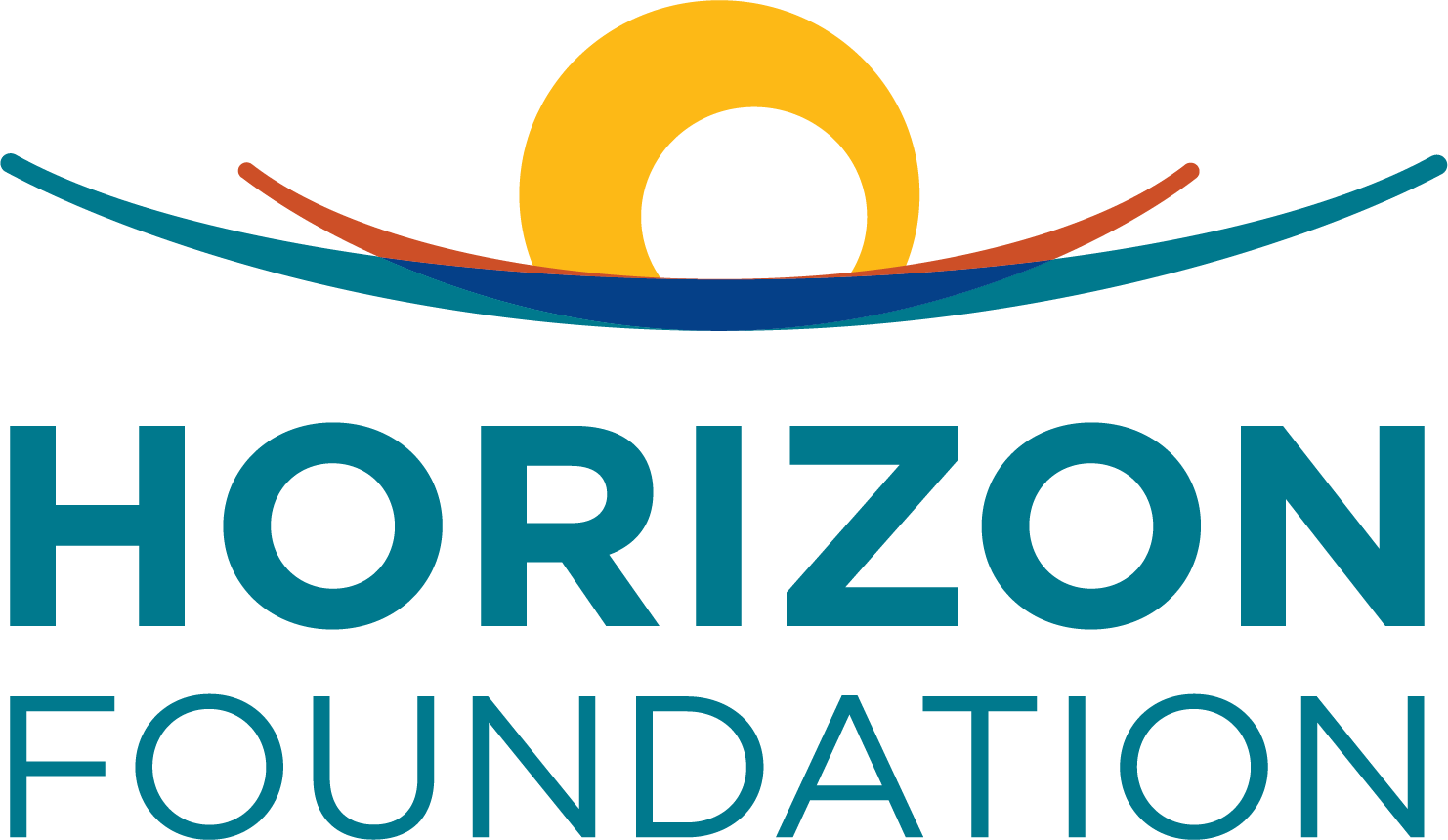Horizon Foundation seeks partners to improve the serious illness and end-of-life experience for communities of color
Overview
The number of patients accessing hospice and palliative care services has increased in recent decades. About one in three adults has completed an advance care plan. Engaging in advance care planning and using hospice and palliative care services has been shown to improve care. However, people of color are significantly less likely to use hospice, and are more likely to have multiple emergency department visits and hospitalizations and receive more intensive treatment in the last 6 months of life.
Definitions and Data
Advance care planning involves planning ahead for care in the event of a medical crisis. Palliative care focuses on providing relief from the symptoms of serious illness (e.g., through pain management). Hospice care involves managing symptoms and coordinating care for people nearing the end of their lives. The goals of these interventions are to improve quality of life, ensure care wishes are honored, and help patients and families live as fully and as comfortably as possible.
Less than 20% of Howard County residents of color have completed an advance directive. Statewide data show that residents of color are less likely to accept both palliative care recommendations and referrals to hospice. Available research points to several reasons for this disparity, including perceived cost, a lack of awareness about options for serious illness and end-of-life supports, and the perception that seeking end-of-life supports may indicate a lack of faith.
Grant Opportunity and Applicant Criteria
It is well-documented that advance care planning and appropriate use of hospice and palliative services improves serious illness and end-of-life care. Yet data clearly show a disparity among communities of color accessing these services. Broad research has indicated possible reasons for this disparity (see above). However, more information is needed to understand the unique challenges faced by our community, and to learn what supports might help our residents access services and experience improved care.
The Foundation is seeking community partners interested in learning more about this disparity, and in recommending interventions that would close the gap. Successful applicants will demonstrate a commitment to the following criteria:
- Participate in listening sessions:
- Although past research has explored this disparity in care, opportunities remain to better understand the unique challenges faced by Howard County residents. Grantees will be expected to participate in, and encourage their members to participate in, a series of facilitated listening sessions (not to exceed 6 sessions over the grant period) to share their perspective on the barriers communities of color face in accessing serious illness and end-of-life care.
- Grantees may also be asked to survey their organization’s members between sessions to learn more about barriers to care.
- Listening sessions will be scheduled and facilitated by a third party.
- Participate in educational sessions:
- Grantees will be expected to participate in, and encourage their members to participate in, a series of educational sessions (not to exceed 6 sessions over the grant period) to learn about serious illness and end-of-life care options.
- Educational sessions will be scheduled and facilitated by a third party.
- Distribute information to members:
- Grantees will be required to share information learned through the listening and educational sessions with their organization’s members.
Each selected grantee will be awarded $5,000 to participate. Organizations must be tax-exempt under IRS Section 501(c)3. The grant period will be from January 1, 2021 through December 31, 2021.
How to Submit Proposals
All proposals must be submitted using our online grants system.
The deadline to submit the application is November 20, 2020 (11:59 PM). Proposals will be reviewed and qualified applicants will be notified no later than December 1, 2020.
Log in to our online grants system and select “2020 Disparities in Aging Community Grants” to submit your application.
Interested in learning more?
For questions about this RFP, contact Tiffany Callender at tcallender@thehorizonfoundation.org.
For help navigating the grant system or submitting the application, contact Kenitra Fokwa at kfokwa@thehorizonfoundation.org

